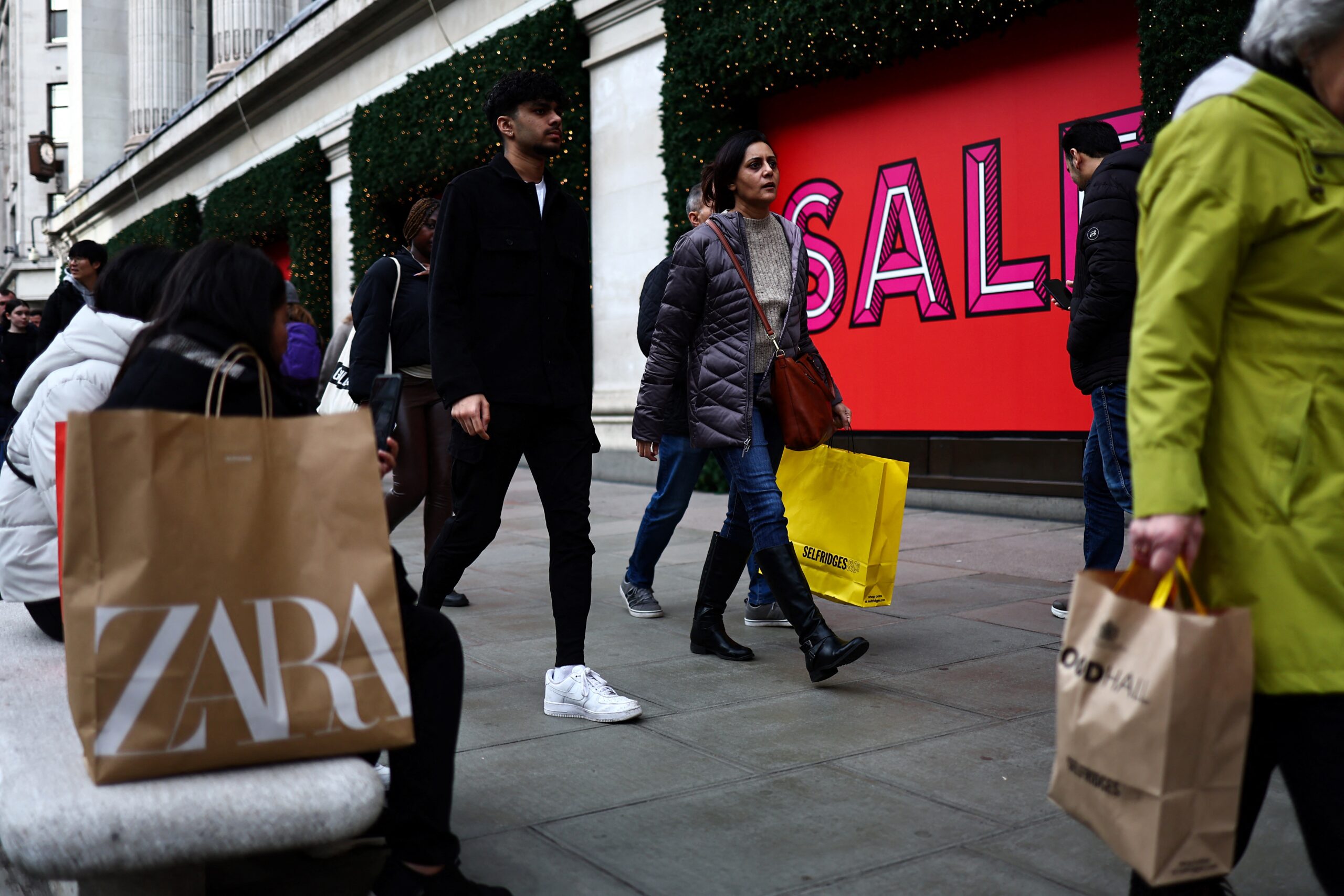
By: Eastern Eye
BRITISH retail sales jumped by the most in almost three years in January as consumers recovered their appetite for spending, suggesting the economy could emerge quickly from its recession in the second half of last year.
Sales volumes increased by 3.4 per cent from December and January’s jump was the biggest since April 2021.
Excluding the Coronavirus pandemic period, January’s increase was the sharpest since at least 1996 when the ONS data was first collected.
Data published last Thursday (15) showed Britain’s economy slipped into a recession in the second half of 2023 as the Bank of England’s high interest rates to curb strong inflation took their toll on households and businesses.
But the economy is expected to grow slightly in 2024 as inflation cools, wages rise and interest rates are forecast to fall.
There could be a further boost if chancellor Jeremy Hunt announces tax cuts in the March 6 budget, which he is expected to do in an attempt to boost the flagging fortunes of prime minister Rishi Sunak’s Conservatives before a 2024 election.
Last Friday’s (16) sales data added to other early signs of a recovery for Britain’s economy which the Bank of England has forecast to grow, albeit by just 0.25 per cent in 2024.
Governor Andrew Bailey said last Wednesday (14) that there had already been some hints of an upturn.
Behind January’s jump there were reminders of the strain on Britain’s economy.
The ONS said overall sales were still 1.3 per cent below where they were immediately before the pandemic. Compared with a year ago, sales volumes were 0.7 per cent higher.
The ONS said food store sales rose by 3.4 per cent in January after December 3.1 per cent fall.
Analysts linked some of the increase in sales volumes to consumers buying due to discounts.
“While many of the macroeconomic indicators are positive – falling inflation, improving consumer sentiment, the prospect of lower interest rates – consumers remain cautious about spending,” said Lisa Hooker, PwC’s leader of industry for consumer markets.
British inflation held steady in January, data published last Wednesday showed, defying forecasts for an increase.
But policymakers at the BoE have said they would need to see further evidence of inflation pressures weakening before moving more quickly towards cutting borrowing costs.
Wage growth, which the BoE is monitoring closely, slowed in the last three months of 2023 but remained strong with employers struggling to fill vacancies and retain staff.
The ONS said clothing sales dropped 1.4 per cent on the month, the only sub-category to fall in January, the ONS said.
Excluding petrol, overall sales volumes were up 3.2 per cent in January from December.
